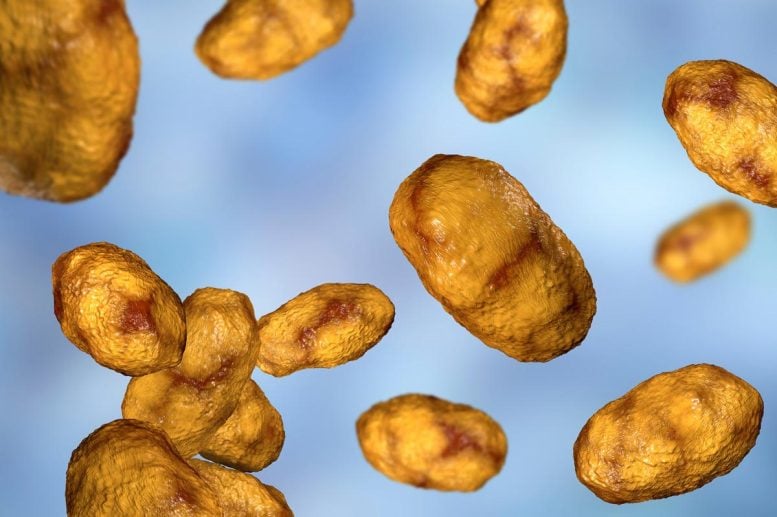Researchers have discovered how Haemophilus influenza, a bacterium associated with respiratory infections, manipulates the human immune system to persist and cause chronic illness.
University of Queensland researchers have unveiled how Haemophilus influenza manipulates immune responses to foster chronic respiratory infections.
By deactivating immune defenses, this bacterium avoids detection and exacerbates conditions like asthma and COPD. The findings suggest potential for new treatments that boost the immune system’s ability to counteract this bacterium.
Scientists at The University of Queensland have identified how a common bacterium can manipulate the human immune system during respiratory infections and cause persistent illness. The researchers were led by Professor Ulrike Kappler from UQ’s School of Chemical and Molecular Biosciences.
The study investigated the virulence mechanisms of Haemophilus influenza, a bacterium that plays a significant role in worsening respiratory tract infections.

A microscopic view of Haemophilus influenza bacteria. Credit: UQ
The Impact on Vulnerable Populations
“These bacteria are especially damaging to vulnerable groups, such as those with cystic fibrosis, asthma, the elderly, and Indigenous communities,” Professor Kappler said.
“In some conditions, such as asthma and chronic obstructive pulmonary disease, they can drastically worsen symptoms.
“Our research shows the bacterium persists by essentially turning off the body’s immune responses, inducing a state of tolerance in human respiratory tissues.”
Professor Kappler said the bacterium had a unique ability to ‘talk’ to and deactivate the immune system, convincing it there was no threat.
Innovative Research Methods and Findings
The researchers prepared human nasal tissue in the lab, growing it to resemble the surfaces of the human respiratory tract, then monitored gene expression changes over a 14-day ‘infection’.
They found very limited production of inflammation molecules over time, which normally would be produced within hours of bacteria infecting human cells.
“We then applied both live and dead Haemophilus influenza, showing the dead bacteria caused a fast production of the inflammation makers, while live bacteria prevented this,” Professor Kappler said.
“This proved that the bacteria can actively reduce the human immune response.”
Co-author and pediatric respiratory physician Emeritus Professor Peter Sly from UQ’s Faculty of Medicine, said the results show how Haemophilus influenza can cause chronic infections, essentially living in the cells that form the surface of the respiratory tract.
Implications for Future Treatment Strategies
“This is a rare behavior that many other bacteria don’t possess,” Emeritus Professor Sly said.
“If local immunity drops, for example during a viral infection, the bacteria may be able to ‘take over’ and cause a more severe infection.”
The findings will lead to future work toward new treatments to prevent these infections by helping the immune system recognize and kill these bacteria.
“We’ll look at ways of developing treatments that enhance the immune system’s ability to detect and eliminate the pathogen before it can cause further damage,” Professor Kappler said.
The research was published in PLOS Pathogens.
Reference: 11 July 2024, PLOS Pathogens.
DOI: 10.1371/journal.ppat.1012282











/https://tf-cmsv2-smithsonianmag-media.s3.amazonaws.com/filer_public/34/31/3431771d-41e2-4f97-aed2-c5f1df5295da/gettyimages-1441066266_web.jpg)








Discussion about this post